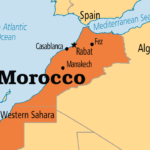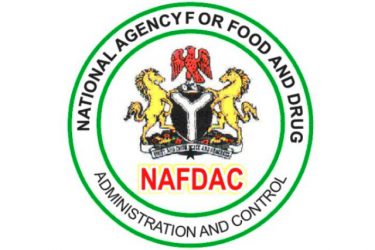The United States, through the U.S. Agency for International Development, has donated 10,000 doses of the mpox vaccine to the Government of Nigeria.
This donation is intended to support Nigeria’s efforts in responding to the ongoing mpox outbreak.
Mpox, formerly known as monkeypox, is a viral disease that can be transmitted through close contact, including sexual interactions.
Vaccination is the primary method of prevention. The vaccine is recommended for individuals 18 years and older who are at high risk of mpox infection.
The vaccine requires two doses for those who have never received a smallpox vaccine, and a single booster dose for those previously vaccinated against smallpox.
During the handover event at the National Primary Healthcare Development Agency, U.S. Ambassador Richard Mills emphasized the importance of providing timely vaccines to those most vulnerable to mpox. “We are pleased to know that this is a timely donation that will reach the affected areas across the country and those who are most vulnerable to mpox infection,” he said.
Ambassador Mills also encouraged the Nigerian government to continue mobilizing domestic resources to secure additional vaccines to combat the outbreak. “We encourage the Government of Nigeria to continue to mobilize domestic resources to secure more vaccines to combat mpox,” he added.
The Nigerian government has identified five states—Bayelsa, Edo, Cross-River, Lagos, and Rivers—with the highest number of mpox cases. The donated vaccines will be prioritized for these states, targeting those most at risk, including close contacts of mpox cases and frontline healthcare workers. There is also provision for reactive vaccination in other states if needed.
When asked about the safety of the vaccine, Ambassador Mills assured that it has undergone rigorous testing. “Yes, the vaccine is safe. Safety tests have been conducted during clinical trials, and the National Agency for Food and Drug Administration and Control reviewed the results of these trials before granting approval for the use of the vaccines in Nigeria,” he confirmed.
USAID will continue to work closely with the Nigerian government to strengthen the country’s response to infectious diseases. “USAID is also supporting the government of Nigeria with strengthening primary health care and routine immunization systems, as well as supporting overall systems strengthening, including health, education, nutrition, governance systems, and the rule of law,” Mills stated.
Speaking at the event, the Coordinating Minister of Health and Social Welfare, Prof. Ali Pate, represented by the Permanent Secretary, Mrs. Kachollom Daju, expressed gratitude for the U.S. donation and assured that the vaccines would be promptly distributed. “This is a spirit of cooperation and collaboration through the years, and this vaccine will be of great help to us. The Federal Ministry of Health understands the importance of having a healthy nation, so all the policies that we implement and the collaborations are focused on ensuring our citizens’ health,” she said.
Mrs. Daju also acknowledged the contributions of other development partners, including USAID, PEPFAR, WHO, and UNICEF. “Thank you for the 10,000 doses, and we look forward to receiving more. Your collaboration is greatly appreciated, and this will significantly aid those in need,” she added.
Mpox is a rare viral disease primarily found in remote villages of Central and West Africa. It is caused by the mpox virus, which is related to the virus that caused smallpox. Following the eradication of smallpox, mpox has emerged as the most significant virus in its family.











